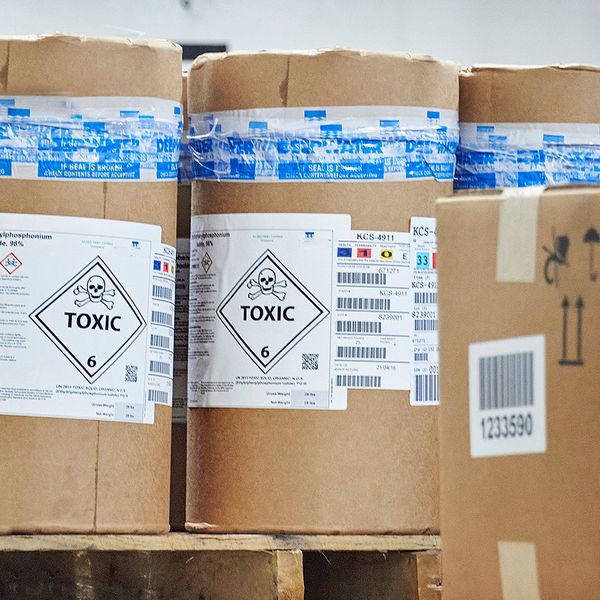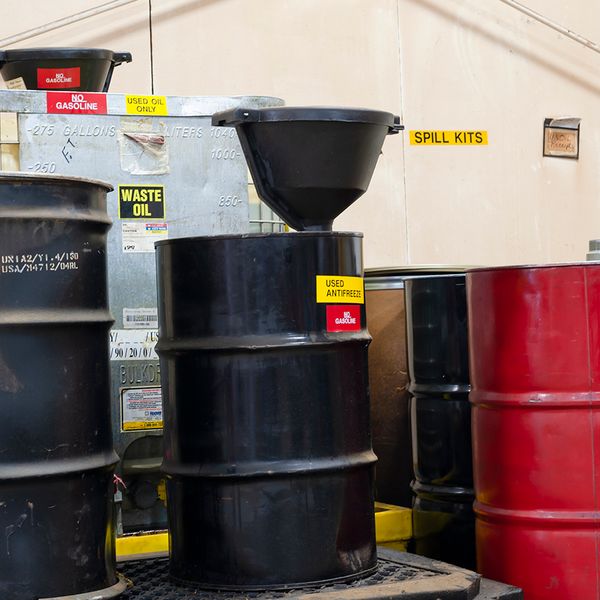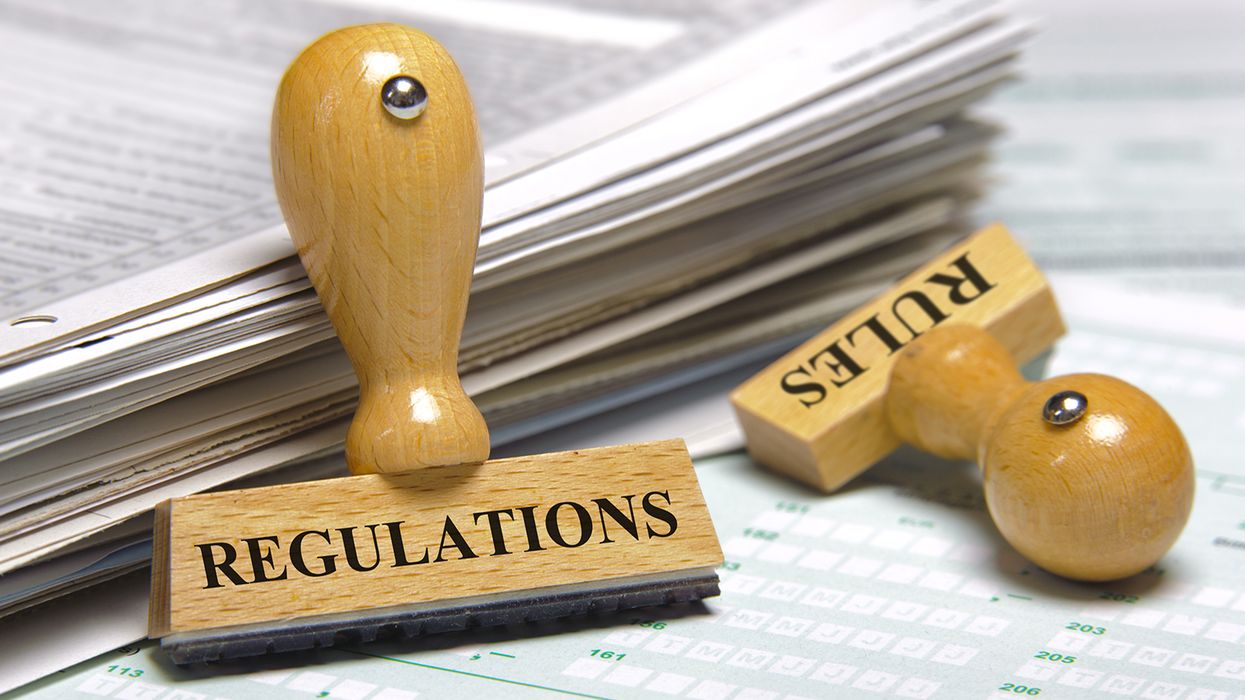Why compliance with the HMR matters
Whatever the reason, have you ever thought about what the consequences might be for non-compliance with the Hazardous Materials Regulations (HMR)? The consequences for non-compliance can be severe, ranging from significant financial penalties and legal action to reputational damage and significant safety risks.
There are several reasons why people or businesses do not comply with the HMR, such as lack of awareness, human error, or the complexity of the regulations themselves. Smaller businesses might even struggle with the financial and resource burdens required to maintain compliance, while others might intentionally cut corners to save costs.
Here is a deeper dive into some of the consequences you risk facing for non-compliance.
Financial penalties
Significant financial penalties are a common theme for those who do not comply with the HMR. For each violation, fines can soar up to $99,756 per day. If the incident involves a death, serious illness, or major property damage, the penalty can escalate to $232,762 per day. Additionally, failing to provide proper training to employees can incur a minimum fine of $601 per employee, which can quickly accumulate, particularly for larger organizations.
Want to learn more about violations? Check out this ezExplanation on violations.
Legal and reputational risks
Non-compliance can lead to lawsuits and legal action from regulatory bodies, affected individuals, and other stakeholders, resulting in hefty legal fees and settlements. These incidents often attract negative publicity, tarnishing a company’s reputation. This damage can lead to a loss of business, difficulties in attracting new clients, and challenges in recruiting and retaining employees.
Moreover, non-compliance erodes trust among stakeholders, including customers, investors, and the public. This erosion of trust can have long-term consequences for the company’s brand and market position, making it crucial for businesses to prioritize compliance and maintain a positive reputation.
Safety risks
Non-compliance with hazardous materials regulations poses significant safety risks, starting with the immediate danger to human health. Improper handling, storage, or transportation of hazardous materials can lead to accidents such as spills, leaks, and explosions. These incidents can cause severe injuries or even fatalities among employees and the public. For instance, exposure to toxic chemicals can result in acute health issues like respiratory problems, chemical burns, and poisoning.
Beyond the immediate health risks, non-compliance can also lead to long-term environmental damage. Hazardous materials that are not effectively managed can contaminate soil, water, and air, leading to widespread ecological harm. This contamination can affect local wildlife, disrupt ecosystems, and pose long-term health risks to communities living near the affected areas. The cleanup and remediation of such environmental damage can be both costly and time-consuming, further compounding the negative impact.
Operational impacts
Incidents of non-compliance can disrupt business operations, leading to downtime and further financial losses. These disruptions can slow or halt production lines or delay shipments. Additionally, the need to address regulatory violations can divert resources and attention away from core business activities, impacting overall efficiency and profitability. The ripple effects of such incidents can extend to strained relationships with suppliers and customers, further exacerbating financial and operational challenges.
To sum it all up, not complying with hazardous materials regulations can lead to severe consequences, including hefty financial penalties, legal action, and significant operational disruptions. Legal fees and settlements can further strain resources, while negative publicity can damage a company’s reputation, leading to loss of business and challenges in attracting clients and employees. Additionally, non-compliance can result in accidents and environmental damage, posing serious safety risks and long-term harm to the company’s brand and market position.
Key to remember: While there are several reasons why people do not comply with the hazardous material regulations, one thing is certain, the consequences for non-compliance are severe. From stiff fines to legal actions to diminished reputations, not complying with the HMR can hurt your business.























































